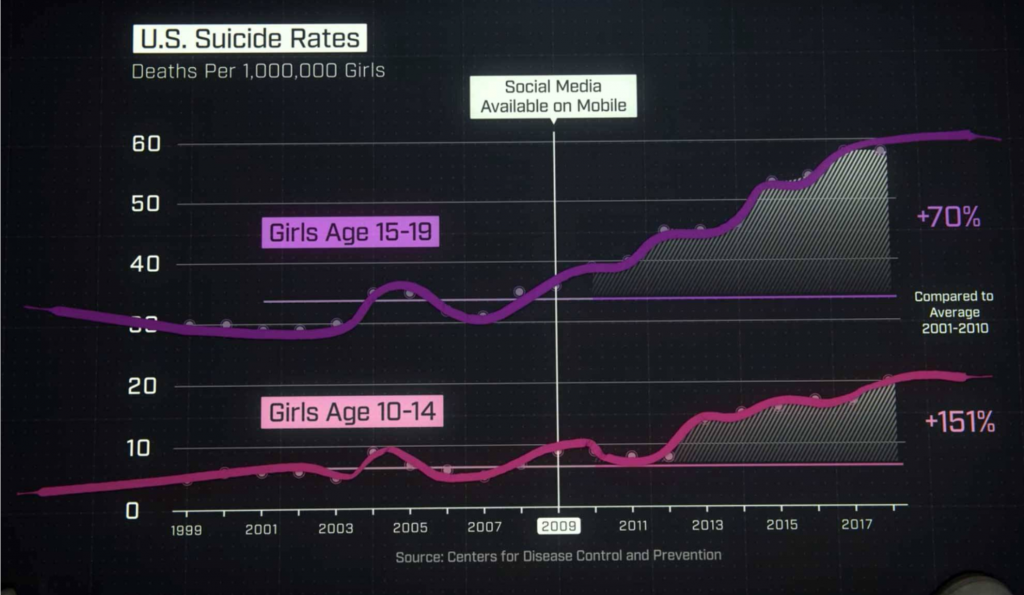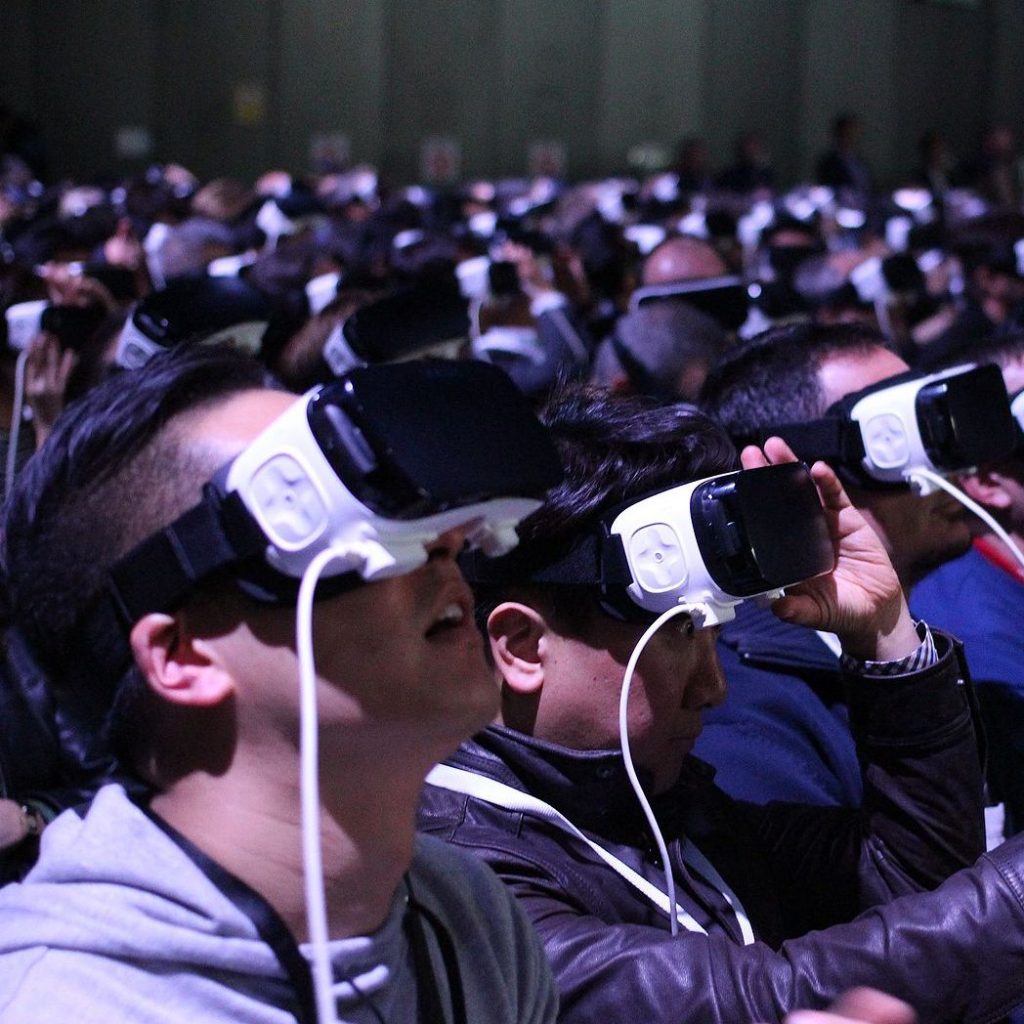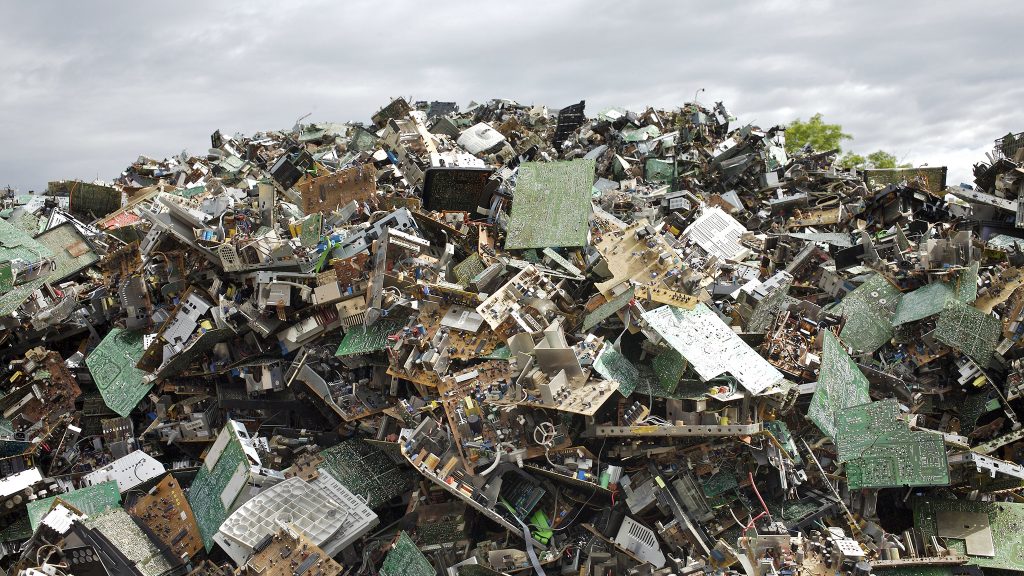“Don’t buy the lie that the ‘real’ world is all about staying safe and secure, accumulating money, piling up possessions. The real world — the world we love — is a green, living world, full of real dangers and stunning beauty and breathtaking surprises” — Sy Montgomery
In order for a biological organism to live, they must have a habitat and an ecosystem that supports them. Currently, two hundred species are going extinct everyday (that’s 73,000 per year). 60% of all animals on this planet have been wiped out since 1970, and we’re living in the world’s sixth mass-extinction. Most people living in cities rarely think of nature as the provider of all the physical materials they need to live–materials for shelter, water, energy, food and medicine.
Cities are to the surrounding landbase what the imperial core is to the periphery – exploitative, militarised, and unsustainable. The primary division of labour according to Marx is between town and country, as he states in volume one of Capital that “the foundation of every division of labour that is well developed, and brought about by the exchange of commodities, is the separation between town and country. It may be said that the whole economic history of society is summed up in the movement of this antithesis.”
The separation of humanity from nature is facilitating this mass-extinction. Many social-theorists have depicted this culture to represent a ‘death-spiral’. Erich Fromm’s analysis that society is “necrophilic” goes along with Marx who described capital as “vampire-like”, saying that “[c]apital is dead labour, that, vampire-like, only lives by sucking living labour, and lives the more, the more labour it sucks.” Even feminist theorists such as Mary Daly have agreed our society is ‘necrophilic’, and that “we are in a state of extremity”, where “patriarchy is raping the earth to death”. The solution to this disconnect between humanity and nature was argued excellently by Challenge in the Back2Basics series: “rooting out all forms of alienation; making labour, not a meaningless chore we remain chained to for life, but life’s most fulfilling prime want; that is the goal of communism.”
This alienation plays into all sectors of life, hiding the violence of the capitalist production process. We buy our food from supermarkets, the processes of nature and life reduced to commodity transactions, where we have no interaction with the land. If we have no interaction with the land, we lose our respect for it. Our food is flooded with pesticides and meat pumped with antibiotics for the profits of agri-business monopolists, which we have been frequently warned will generate superbugs. Agricultural corporations such as Monsanto and Syngenta are also polluting life itself through monopolising seeds and poisoning food with GMOs.
Agricultural corporations are destroying farming as we know it, and have had devastating impacts when used, most notably in India where “more than 270,000 Indian cotton farmers have killed themselves since 1995”. When a corporation controls seeds, it controls life, and the lives of farmers. As the ecologist Vandana Shiva explains, “patents on seeds are illegitimate because putting a toxic gene into a plant cell is not “creating” or “inventing” a plant. These are seeds of deception — the deception that Monsanto is the creator of seeds and life; the deception that while Monsanto sues farmers and traps them in debt, it pretends to be working for farmers’ welfare, and the deception that GMOs feed the world.”
Our air is systematically pumped with pollution and toxic chemicals. Air pollution in the UK is a major cause of diseases such as asthma, lung disease, stroke, and heart disease, and is estimated to cause between 28,000 and 36,000 premature deaths each year. Furthermore, despite notions that we can solve the pandemic through vaccines, medicine and biotechnology, the UN, WHO and WWF have all been quite clear that “pandemics such as coronavirus are the result of humanity’s destruction of nature.”
Alienation not only hides the violence of the production process, making us ambivalent to the destruction and death around us, it also hinders our social connections and passion for friends. The irony of platforms described as ‘social media’ are anything but ‘social’. As Shoshana Zuboff explains in her book Surveillance Capitalism, “personality mercenaries”, i.e. Google, Apple, Amazon, Microsoft, Salesforce, etc, market and plunder our personal lives. Anything real and important lies within the crosshairs of capital’s death march. As Evgenvy Morozov writes in review, “Forget the cliché that if it’s free, ‘You are the product,’” she (Zuboff) exhorts. “You are not the product; you are the abandoned carcass. The ‘product’ derives from the surplus that is ripped from your life.” The worst, though, is still to come, she argues, as tech giants shift from predicting behaviour to engineering it. “It is no longer enough to automate information flows about us,” she warns; “the goal now is to automate us.”
This artificial, mechanical march is dissociating us with nature, and it is directly hurting the youth of today. One article titled, Social Media is Destroying a Generation of Young People — Especially Women, goes into great detail on this.

Since 2009, suicide rates have skyrocketed, particularly in the US. The reason for this? As the article argues, 2009 was the year when social media became available, he writes, “the male gaze feminists speak of has become Big Brother, making girls and young women compete for the prize of his abusive affection… Our kids are competing to win a contest that’s basically the male gaze in algorithmic form.” Feeding into this alienation is the dark fact that social media corporations are constantly seeking to incentivise users to stay on their platforms as long as possible throughout the day, detaching individuals from their surrounding environments. We are vitally in need of community and integrity.
The trauma expert Judith Herman in her book Trauma and Recovery described integrity as “the capacity to affirm the value of life in the face of death, to be reconciled with the finite limits of one’s own life and the tragic limitations of the human condition, and to accept these realities without despair.” What is meant by integrity is the outlook that everything is interconnected and constantly in motion, it focuses towards the harmony of the whole and doesn’t see the world as dead matter to be exploited for ‘utility’. Integrity therefore takes into account the social-context of a person and recognises as Marx did in Theses on Feuerbach, that “the human essence is no abstraction inherent in each single individual. In its reality it is the ensemble of the social relations”. It is important to stress that I do not intend to pit essentialist notions of nature against technology, nor am I saying that what is natural is good, I simply seek to promote techniques that respect the landbase and illuminate how capitalism is attempting to detach ourselves from the natural world.
We ultimately do not understand the value of the vital habitats that play their role in the ecosystems that sustain life on this planet. Technology, wedded to capital, is advancing this on-going death spiral. Alienation is not simply dissatisfaction with work because we do not enjoy the fruits of our labour, it is an identification with the hollow world, at the cost of the living one.
It is no wonder then, given this culture, that the official Oxford Junior Dictionary has recently culled words to describe material reality and nature. Words such as, “acorn”, “dandelion”, “conker” and “nectar” have been taken out, and words that have been added include, “broadband”, “celebrity”, “chat-room”, along-with “download” and “voice-mail”. In response to why this happened, the head of children’s dictionaries at OUP said “when you look back at older versions of dictionaries, there were lots of examples of flowers for instance, that was because many children lived in semi-rural environments and saw the seasons. Nowadays, the environment has changed.” As Robert Macfarlane, in his book Landmarks states, there is “an alarming acceptance of the idea that children might no longer see the seasons, or that the rural environment might be so unproblematically disposable”. The use of the word “disposable” is useful, for that is our future state were this system to continue, “the outdoor and natural, being replaced by the indoor and virtual”.
Conkers have not disappeared, they’re still falling from the trees in Autumn, and bees are still collecting nectar. Although no doubt, there is a real war/ecocide against them as the use of pesticides continues. Yet this is becoming less important, whilst the hollow, online world is becoming only more prevalent. Studies have even shown that 75% of children spend less time outside than prisoners, we are becoming increasingly detached from reality.
If we do not know where our food comes from, if we do not understand the value of trees, rivers, ecosystems and habitats, then why do we expect ourselves to care for these very things when they go missing. How will we even notice?
Rather than accommodating this shift, we need to resist it, we need to stop it. The planet is not ‘dying’, it is being murdered. Those who fantasise and utopianise about the wonders of modern-day technology are trapped within technological fundamentalism, which pervades much of the civilised world.
Technological fundamentalism is the belief that the use of increasingly sophisticated high-energy, advanced technology is always a good thing and that any problems caused by the unintended consequences of such technology eventually can be remedied by more technology. The subject of technology is rather complex, but the lack of accountability of civilisation means even most ‘good’ technology can hold a great potential for damage.


The device which I’m typing this on for example allows me to communicate with people all over the world, but the cobalt used in the battery could well have been mined by children in atrocious conditions in the DRC. Those who forget the violence of our production process, seeing only the end result, are alienated from reality. Before we look up to new exciting technologies we must ask some essential questions.
Where do these resources come from? How are they extracted from the earth? What harm do these methods of extraction cause? Who lives on the land where they are to be taken from? How are you going to take it from them? What infrastructure is required to support these extractions? Is this sustainable? It is most important on that last question, that when talking about sustainability, we are talking about sustaining life on this planet, not the economy, not growth, nor accumulation of capital.
Those who indulge in hyperproductivist, technophilic optimism never seem too interested in these questions. There are many mechanical, deterministic tendencies within the left, epitomised by the “fully automated luxury communism” popularised by Aaron Bastani, but how they expect to maintain this level of consumption whilst being ecologically sustainable is never truly addressed – particularly if this definition of sustainability doesn’t regard nature to be alive in the first place, but dead matter to exploit. From chapters titled “limitless power”, to “mining the sky”, Bastani’s brand of cornucopian futurism is flooded with supremacist thinking.
This goes in-hand with an overall neoliberal colonisation of the environmental movement, proven by the industry’s push for a “green new deal”, which has far less to do with ecological justice than it does with generating subsidies for sectors of industrial capitalism. Communists have to stand against this under the banner of “socialism or extinction”.
Those who see solar panels, wind turbines and ‘green cities’ when they hear ‘ecological justice’, as opposed to an actual tree, insect or animal, are detached from reality. When our survival is tied to industrial capitalism (which is destroying the earth) rather than the living world, we will continue to believe in these false solutions. As Utah Philllips said, “The Earth isn’t dying, it’s being killed. And the killers have names and addresses”.
A religious faith in technology and productive forces invites an anti-revolutionary liberalism. Technological advancement is substituted for class struggle. Bourgeois concepts such as ‘wealth’ and ‘growth’ are accepted as signs towards socialism, where no ‘disturbance’ or ‘breakdown’ of modernity occurs. It is ‘bourgeois socialism’ as Marx described in the Communist Manifesto, “[t]he Socialistic bourgeois want all the advantages of modern social conditions without the struggles and dangers necessarily resulting therefrom. They desire the existing state of society, minus its revolutionary and disintegrating elements. They wish for a bourgeoisie without a proletariat.”
These vulgar materialists also often see our social problems of class, disability, sex, and race, as things that can be ‘fixed’ or ‘cured’ through technological advancement too, rather than through struggle. To try and “fix” those who are ‘disabled’ is an objectifying worldview. As disability activist Theresia Degener, herself the daughter of a woman who took thalidomide during her pregnancy, said, “disability is another way of life and society needs to create enough scope and facilities for such a life to be lived well”. This is emphasised by the Soviet psychologist Lev Vygotsky, who said, “a disability in and of itself is not a tragedy. It is only the occasion to provoke a tragedy.”
Supremacists often see ‘disabled’ people as mistakes, needing to be ‘fixed’ or ‘cured’. The culture reinforces this mindset through the media and social institutions. Of course technology has aided disabled people with their everyday lives, but to assume that everyone with a disability needs to be cured is unethical. We need to remember that people who hate nature and who hate their bodies, were not born hating them.
We need a society that accommodates disabilities and doesn’t look at them as mistakes needing to be ‘fixed’ or ‘cured’. Blaming one’s nature for oppression, rather than the oppressor, leads to boundary-violating technological intervention, such as Elon Musk’s ‘Neuralink’ which was found to have killed 8 animals in testing just recently. The ‘disability’, not ableism in society, is blamed. Capitalism is let off the hook. It is anti-revolutionary to the core and has a failure of imagination to embrace a better world due to its biological essentialism. Everyone has the capability to live a joyous life.
If we blame sex for the existence of sexism, skin-colour for the existence of racism, age for the existence of ageism, and if we continue putting differences in nature on a hierarchy, we will be at risk of supporting deeply reactionary, anti-revolutionary, eugenicist campaigns. Those who indulge in the childish idealisms of Judith Butler, Donna Haraway and naive conclusions of Shulamith Firestone, or the robotic utopianism of Edward Bellamy, Alexei Gastev and Aaron Bastani are developmentally arrested by this blame-shifting from society onto nature.
“Man lives from nature — i.e., nature is his body — and he must maintain a continuing dialogue with it if he is not to die. To say that man’s physical and mental life is linked to nature simply means that nature is linked to itself, for man is a part of nature.” — Karl Marx, Economic and Philosophical Manuscripts of 1844
This religious faith in technology comes from an abusive or abused mindset, from someone who cannot bear to deal with nature having any independence or autonomy, everything must be under their domain, their control. Lewis Mumford described this abusive mentality in his writings on the “Megamachine” in The Pentagon of Power: The Myth of the Machine, stating that, “the Megamachine is an elephant that fears even the smallest mouse”. The one who sees an inherent conflict between humanity and nature then is the one who holds a supremacist or eugenicist mentality; that nature is to be controlled and dominated, that there is no way to live in harmony with nature and that it is something to bring to heel, not something to learn from.
What we need to combat this learned helplessness and regime of necrophilia is revolutionary justice. We must face our fears. As James Baldwin said, “if you’ve got any sense, you realise you’d better not run. Ain’t no place to run. So, you walk towards it. At least that way you know what hit you.” Furthermore, as Baldwin powerfully put, “the victim who is able to articulate the situation of the victim has ceased to be a victim: he or she has become a threat.”
We are dealing with the mechanisation of life. The Black Panthers called it “cybernation”, and Huey Newton detailed the threats; “technology is developing at such a rapid rate that automation will progress to cybernation, and cybernation probably to technocracy… If the ruling circle remains in power it seems to me that capitalists will continue to develop their technological machinery because they are not interested in the people… Every worker is in jeopardy because of the ruling circle.” The feminist Mary Daly called it “roboticisation”, and organisations such as FINRRAGE emerged to promote women’s autonomy, oppose eugenics and resist reproductive technologies.
In 1972 the Black Panther Party’s Ten-Point Program was updated, the last point added “people’s community control of modern technology” to the demands for “land, bread, housing, education, clothing, justice, peace.” Similarly, FINRRAGE, a collection of women from the first and third world, declared in Comilla in 1989 that “we want appropriate technologies that do not violate human dignity and relations. We want them to be reversible, that is to be error friendly, and contribute to preserving biological, cultural and social diversity of all living beings. The technologies must be suited to collective decision-making and democratic participation and control.”
We want technology in the hands of the people. We are not liberals. Technology is not an objective tool, but a political one. The technology we create must therefore be centred on the principles of communism.
In summary, we need to unite against the necrophilia of capitalism under the banner of “socialism or extinction”, our politics must be biophilic and hold on to material reality. Alienation is a complete rejection of humanity, it is dissociation with the real, material, natural world and it goes hand in hand with the trauma of destruction. Healing from this trauma, and being biophilic goes hand in hand with the struggle for peace, jobs and socialism.
Evan Richards, is a member of the YCL’s South Yorkshire Branch



